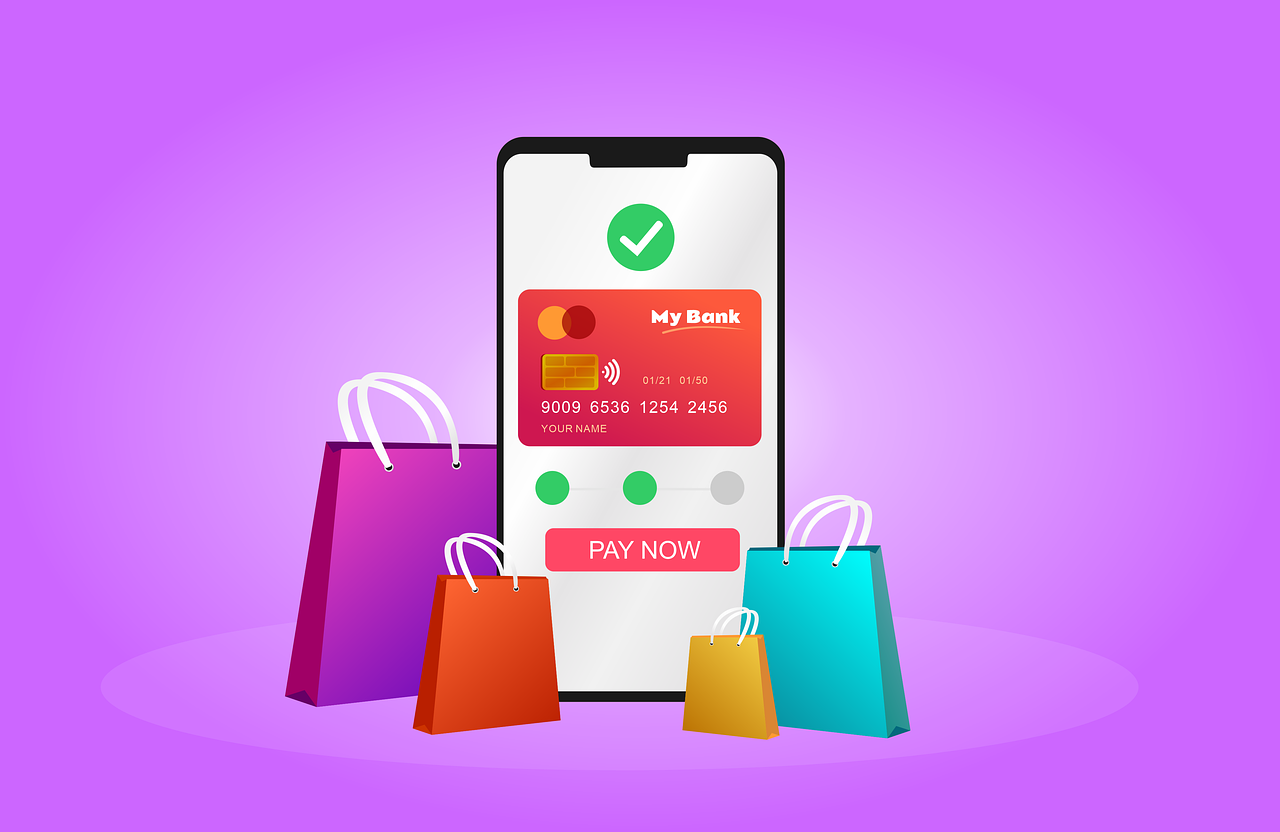3 Critical Components of a Successful E-Commerce Business
If you’ve ever thought to yourself, “I bet it’s pretty easy to start an e-commerce business,” you’re absolutely right! The tricky part is making it beyond 120 days, seeing as 90 percent of e-commerce businesses are defunct within their first four months.
It’s surmisable that the astronomically high rate of failure of e-commerce enterprises has a lot to do with how easy it is to start one. Depending on how complex your website is, your initial start-up costs can total less than $100. As a result, many weekend warriors have launched e-commerce ventures only to learn the hard way weekends later that the world of e-commerce isn’t for weekend warriors. We’re here to tell you three things you must prioritize to build a successful online enterprise.
1. E-commerce Accounting Solutions

Running an online business comes with its fair share of accounting challenges. Managing finances is a weak area for many new business owners, and bookkeeping is significantly more difficult when your online store makes financial transactions all over the country. Furthermore, you have to abide by each state’s sales tax laws, manage your inventory, and worry about financial planning for purchasing tech, office supplies, and other resources.
Outsourcing your accounting needs to an e-commerce accounting firm will give you peace of mind about your company’s finances. Full-service accounting firms provide a range of services, from creating a chart of accounts for eCommerce business suppliers to managing your payroll. If you’re a new business owner and not a financial expert, the best place for your finances is to be off your mind and out of your hands. Indeed, handing your e-commerce bookkeeping over to professionals increases your business’s chances of long-term success.
2. Impactful Branded Content

You’re probably familiar with content marketing, but you can take your marketing strategy up a notch, make a lasting impression on your target audience, and generate brand awareness through branded content marketing. Believe it or not, branded content and content marketing blogs are different types of content, as branded content promotes brand affinity by releasing valuable content under the company’s name to gain audience attention and build brand affinity.
The key to creating the best branded content is to gain the audience’s trust through informative content. One of the best examples of a branded content campaign is a gaming company releasing publications with tips, tricks, and cheat codes for beating their video games. Harnessing the power of content creation as part of your brand-building strategy will help create brand awareness and establish your authority in your industry.
3. Resilience

The most valuable resource in the world of e-commerce is resilience. The chances are that your e-commerce business won’t take off right away. However, stick with it, be consistent, and be persistent. As with anything, you can only get from your e-commerce venture what you put into it. Build your resilience, and it will carry you well beyond the 120-day mark that most online stores fail to reach.
E-commerce is steadily expanding, and it takes the right tools, approach, and lots of determination to succeed in a world in which 90 percent of businesses fail in the first 120 days. We’re not here to discourage you, but it’s imperative to express how critical it is to your e-commerce enterprise’s success to have the right tools.
The right e-commerce accounting solutions, impactful content marketing, and analytic insights are vital to the survival of your e-commerce venture. Invest capital in attaining the right tools and services, and invest time in understanding the many ways they can help increase your brand’s value. The right resources and strategy will take your small business a long way, but determination is the most valuable asset in e-commerce. Indeed, the right marketing strategy and operation assets combined with a lot of determination can make your e-commerce enterprise a success story.

